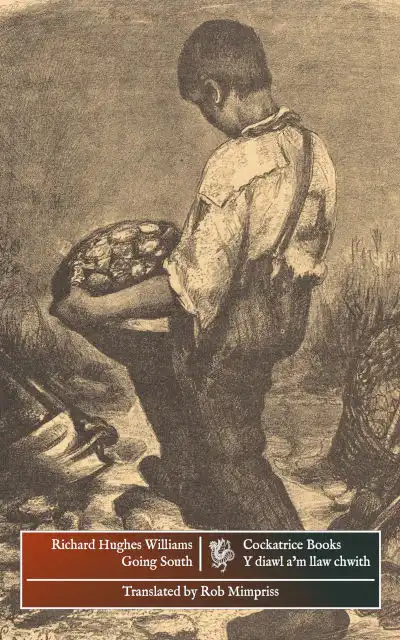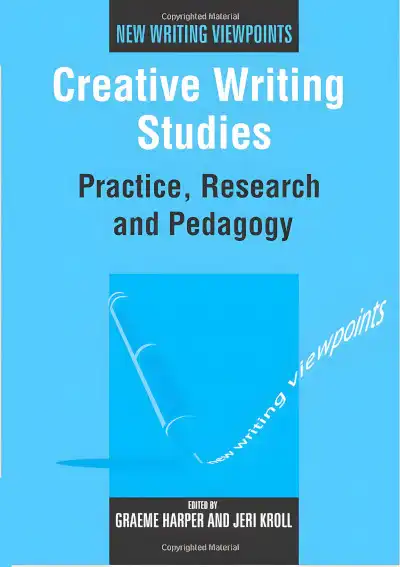There is a play by Euripedes set among the high-born women of Troy. Beginning with the end of the siege and the death of Troy’s rulers, and ending with the women’s embarkation on the ships that will carry them into exile and captivity, the play therefore depicts the fall of a successful city state through subterfuge, the decadence that led to its fall, the subsequent cruelty of its Greek conquerors and the suffering of its innocent people. It is also one of a huge number of subsequent treatments of the Homeric myth, including other plays by Euripedes, plays by Aeschylus and Sophocles, the Aeneid of Virgil, and the poetry of Ovid, linked by Geoffrey of Monmouth and William Shakespeare with W. H. Auden’s ‘The Shield of Achilles’ and Margaret Atwood’s The Penelopiad. Among its characters, it features Helen, the faithless wife of Menelaus for whose sake the war was fought; Hecabe, the wife of Priam, king of Troy; Andromache, whose husband, Hector, was killed by Achilles and his corpse defiled, and whose son was thrown from the city walls; and Hecabe’s daughter Cassandra, doomed by the gods always to prophecy truly and never to be believed, who predicted the fall of the city. To compare all this with Brexit seems hysterical? Kelvin MacKenzie wants to start a war with France.
Like Cassandra, many who campaigned against Brexit will see in Boris Johnson’s inadequate Brexit deal the final fulfilment of their worst predictions. They foresaw, and now they know as a certainty, that Brexit will permanently harm the UK economy; that it will worsen inequality; that it will stifle the political lives of the Celtic nations and encourage the far right. And like Andromache, they will have witnessed the barbarity of their political opponents who have behaved, not as the responsible, public-spirited majority in a democracy, but as the swaggering victors in a war; whose policies reflect a rejection of learning, of science and of culture, and whose insults, jeers and threats have risen in a cacophony of hatred even as the utter emptiness of their political victory and the utter folly of their Brexit project has become apparent. Moreover they will have felt deceived and betrayed as both Keir Starmer’s Labour and Ed Davey’s Liberal Democrats consign them to political exile by their rejection of any policy of return to the E.U. And while many look back on the time before 2016 as a political golden age, describing the triumphalism of London’s Olympic Games in terms reminiscent of the shallowness of Tony Blair’s ‘cool Britannia,’ others will recall the cruelty and greed that made this disaster inevitable.
Standing apart from other writers and thinkers in that Homeric tradition, the Stoic philosopher Epictetus is dismissive of the myth of Troy. The city’s fall, he says, is a mere ‘burning of storks’ nests,’ because it begins not with the mustering of an army or the launching of a fleet, but with the failure of a few individuals to control their passions: Menelaus his envy, Helen and Paris their desires, and even Hera, Athena and Aphrodite, the gods whose vanity and acquisitiveness demanded a beauty contest of which they bribed Paris to be the judge. Given such pride, such lust, and such folly, says Epictetus, the siege and destruction of a city becomes a tiresome inevitability, to the extent that the epics of Homer seem bloated and banal.
From what point did Brexit seem banal? Whose personal faults are the cause of it? Many will blame Jeremy Corbyn’s stubbornness and weakness, in whipping his MPs to support Theresa May’s Article 50 notification. Or they will highlight Theresa May’s meanness and duplicity, in suppressing as many as nine reports that immigration from Europe did not depress wages while subverting the Brexiteers’ promises of a global Britain to support her own petty nationalism. Or they will criticise Jo Swinson’s arrogance and folly in acceding to Boris Johnson’s early election against the advice of two of her predecessors, or a widespread hatred of Jeremy Corbyn so blind that even when he offered a clear path away from Brexit through a second referendum on a final deal, Labour’s officials plotted to bring about their own party’s defeat, and hand over the task of government to a man unfit for public service. And this brings us to Boris Johnson himself, in all his monstrous and infantile selfishness, in subverting the entirety of the British state to support his own career.
Yet for others, the roots will lie deeper, just as they do for Epictetus who castigates human weakness for the fall of Troy without excusing the gods, and the gods of Brexit are the myths on which the British state is built. In the David Cameron years, presenting itself as a voluntary union, it warned the Scottish people not to expect to cherry-pick the terms of their succession, before seeking to cherry-pick the terms of its departure from Europe. It scorned the idea of a monetary union with an independent Scotland, as though such an idea could only have arisen from the febrile imaginings of the inferior Celtic mind, conveniently forgetting its precedents in the Eurozone itself, in southern Africa, in Switzerland and Liechtenstein, in Singapore and Brunei, and even in the terms under which the Irish Free State was formed. And in the May and Johnson years it conveniently cast the lie of voluntary union aside, returning to the myth of the unitary British nation, beset by saboteurs and separatists within, in danger of being ‘torn apart’ as the peace of Europe was supposedly not being ‘torn apart’ by Brexit — a myth of nationhood whose purpose, as Gwynfor Evans argues, is to silence and subsume the Celtic peoples, and whose fruit is to make the European Union seem an unprecedented assault on national sovereignty, and to silence and subsume the English people beneath the brutality of their own far right. If Brexit is to be undone, then the lie of British nationhood must also be undone, and unionist Remainers must re-examine their own unconscious prejudices against the Celtic independence cause.















